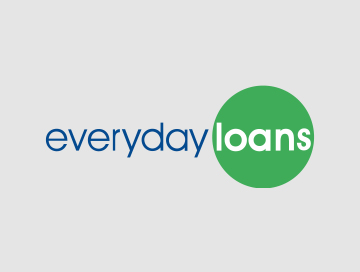What is classed as a good credit score?**
A credit score is a numerical representation of an individual's creditworthiness, based on their credit history. This score helps lenders assess the risk of lending money to a particular person. Understanding your credit score can be tricky but knowing whether you have a good score or not really helps if you are applying for any type of credit. So let’s start out with the basics. In the UK there are three major credit scoring agencies, Equifax, Experian and TransUnion. All of these can provide a credit report. If someone is running a credit check on you, they are more than likely going to be using data from at least one of these companies.
What is classed as a good credit score is different for each of these agencies because they all calculate your score differently.
These scores can help you get an idea of how your creditworthiness looks to lenders. They form the basis for most lenders’ decisions but there is another layer of complexity. There is no such thing as a universal credit score so every lender may calculate your creditworthiness differently. This is because credit reference agencies and lenders all have access to different sources of data. In other words, what is classed as a good credit score can vary from lender to lender.
An example of this could be that lender A uses your credit score from Equifax and Experian but not TransUnion. Then they factor in how much money you make each month and how long you have been working at your current job. Lender A runs all this through a formula that produces a credit score. That credit score is only significant to lender A in our example because other lenders may have a different formula.
For people wondering what is classed as a good credit score, this can be confusing. The good news is you can get an overall idea of how healthy your credit score is by checking where you rank with the three credit scoring agencies mentioned above.
Regularly checking your credit report and score can help you identify and correct errors, understand your financial standing, and take steps to improve your credit score over time.
If your credit score on one or all of the three agencies looks low, you can do a bit of research and find out the best ways to improve it. Common strategies for improving your score include paying bills on time, reducing debt, and avoiding opening too many new credit accounts in a short period.




